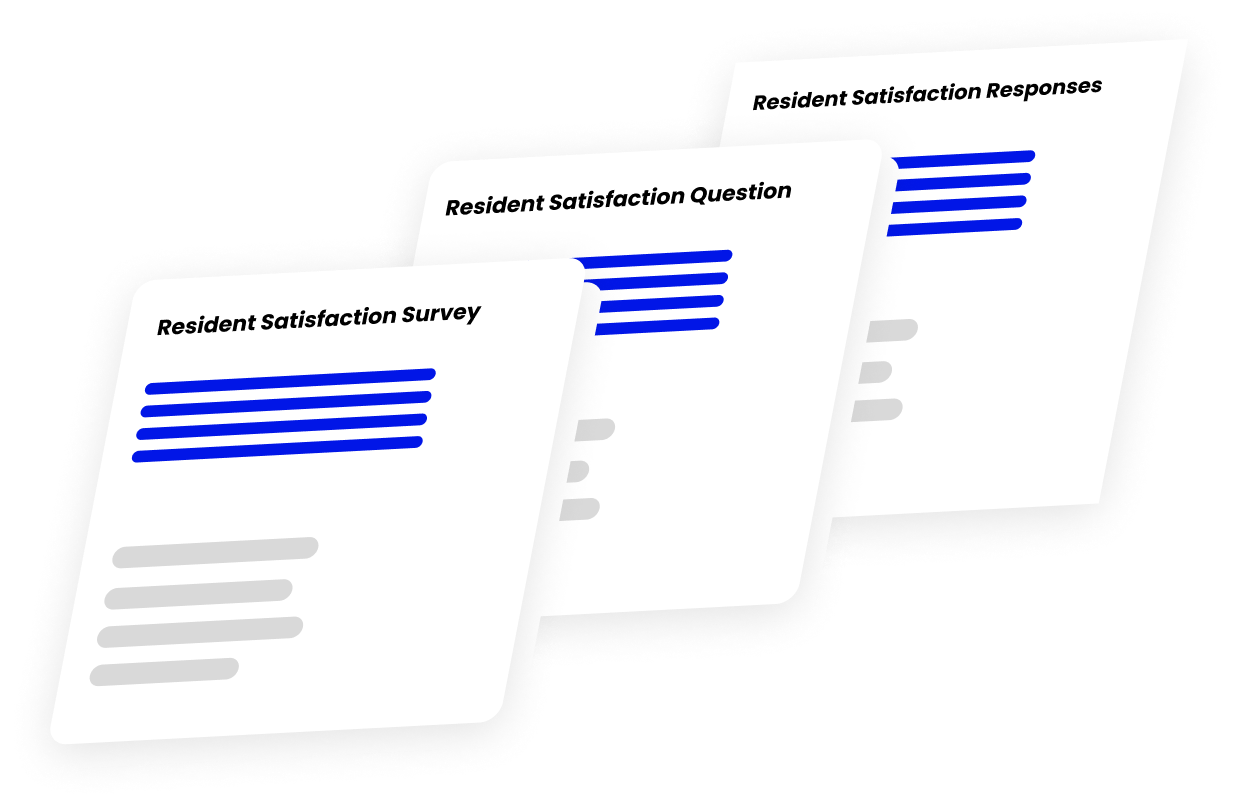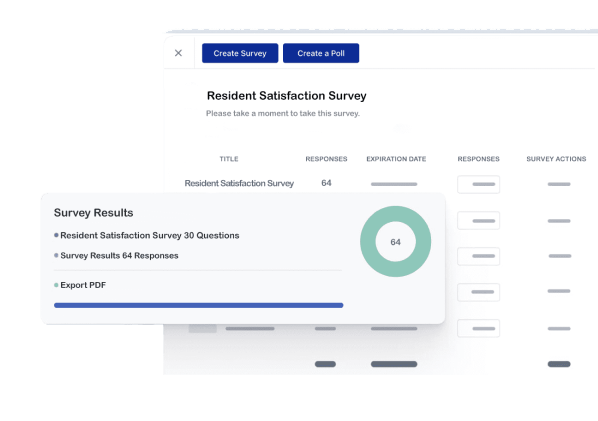Resident Satisfaction Survey
What Is A Resident Satisfaction Survey?
A Resident Satisfaction Survey is a tool law enforcement agencies use to gather feedback from community members about their experiences and interactions with the police. The survey typically includes questions about various aspects of the police department’s performance, such as responsiveness, professionalism, and fairness.
Why Should It Be Done?
2. Building trust: The survey process can help to build trust between the police and the community by creating an open dialogue and demonstrating the department’s commitment to transparency and accountability.

Here are some reasons why police departments should conduct Resident Satisfaction Surveys:
- Assess residents satisfaction with the police department.
- Identify areas of improvement.
- Build trust between the police and the community.
- Improve communication between the police and the community.
- Increase transparency and accountability.
- Reduce crime and enhance public safety.
- Improve the quality of life in the community.
- Increase the efficiency and effectiveness of the police department.
- Reduce the cost of police services.
- Promote the department's commitment to the community.
- Increase citizen participation.
- Identify the community's priorities.
- Assess the department's strengths and weaknesses.
- Develop and implement strategies to improve the department.
- Build community-police partnerships.
- Improve police public perception.
- Improve community sentiment.
- Encourage cooperative relationships.
- Foster a sense of ownership and responsibility among community.
- Opens lines of communication.
Benefits Of Resident Satisfaction Survey

A police department that conducts regular resident satisfaction surveys can take advantage of several vital benefits from the feedback they receive. Some of the benefits are:
Increased transparency and accountability:
Surveys provide an opportunity for the department to be more transparent and accountable to the community it serves. This can assist in building trust between the police and the public.
Improved community policing communication:
Feedback from surveys can help the department to improve its communication with residents. This assists in ensuring that the public is kept informed about the department’s activities and that their concerns are taken into consideration.
Heightened police-community relations:
The department can build better relationships with residents through engaging with the community and soliciting feedback. This can lead to increased cooperation and support from the public.
More effective community policing:
Feedback from surveys can help the department identify areas where its policing is most effective and where improvements are needed. This assists in making the department more efficient and effective in its work.
Greater community policing satisfaction:
Feedback from surveys can help the department identify areas where its policing is most effective and where improvements are needed. This assists in making the department more efficient and effective in its work.


